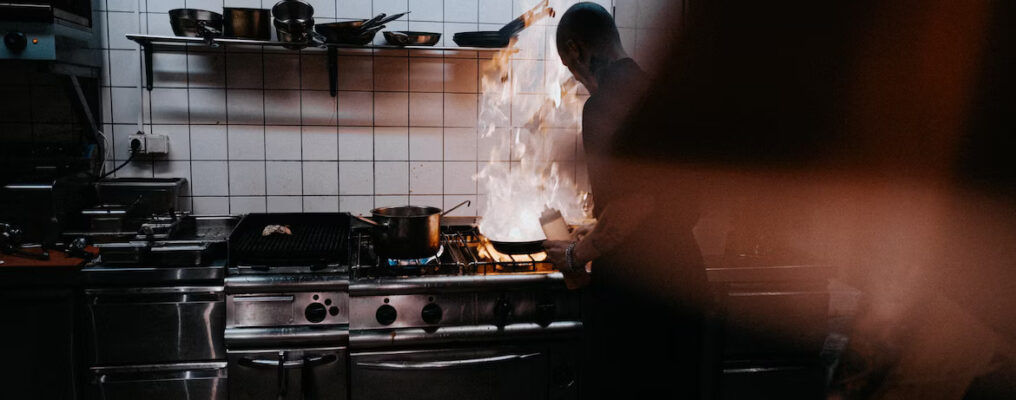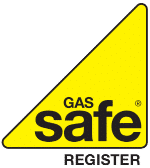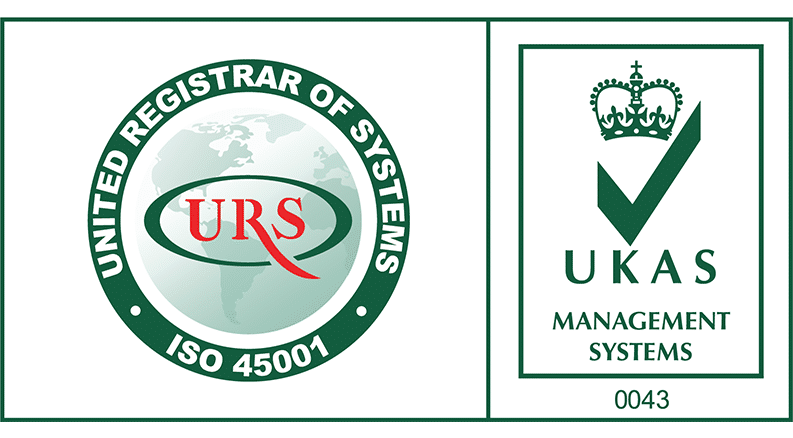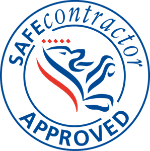
20/06/2023
If you are running a commercial kitchen, you know how critical it is to keep your equipment running efficiently. However, even the most well-maintained appliances can break down unexpectedly, causing a significant disruption to your operations. What do you do then?
In this blog will cover some of the main pain points that our customers face when running their catering business. We will explain the risks to your business should this equipment fail, cost to address and way you can avoid breakdowns to ensure your business runs smoothly.
Jump to section:
Refrigeration equipment in a commercial kitchen
Cooling or refrigeration equipment in a commercial kitchen serves the purpose of keeping food fresh and safe for consumption. Commercial refrigeration systems are different from domestic ones in terms of their size, cooling capacity, and features. They are designed to handle large volumes of food and maintain consistent temperatures.
What can go wrong with your refrigeration equipment?
Cooling equipment in a commercial kitchen can face a range of issues that can cause significant disruptions to your operations. Faulty compressors blocked air filters, and leaks are among the most common problems that can arise with commercial refrigeration equipment. These issues can lead to inefficient cooling, spoiled food, and even health hazards. In the event of a full breakdown, the cost of repairs can be substantial, and it may take several days or even weeks to get the equipment back up and running.
How much can this cost me?
The average cost of a refrigeration repair in the UK is around £1,000. However, the total cost can vary depending on the severity of the issue and the cost of the spare parts required. If you need a replacement compressor, for example, this could cost up to £2,000.
How can I avoid issues?
To avoid issues and breakdowns with refrigeration equipment, regularly clean and maintain the equipment, including the condenser coils, evaporator coils, and fan blades, to prevent dust and debris buildup, which can cause overheating and equipment failure.
Staff should also regularly check the temperature of the refrigeration units to ensure they operate within the safe range and adjust the temperature settings accordingly.
It’s also important to store food correctly to prevent overloading and blocking the airflow in the refrigeration units.
Proper training for staff on the use and maintenance of refrigeration equipment can also help prevent issues, as they will know how to operate the equipment correctly and report any problems promptly.
By following these tips, you can avoid issues and breakdowns, ensuring that food is stored safely and efficiently, reducing waste and costs.
Cooking appliances & accessories in a commercial kitchen
Commercial cooking appliances are essential for preparing meals quickly and efficiently. They include ovens, grills, fryers, and more. However, with regular use, these appliances can wear down quickly and require frequent maintenance to keep them running efficiently.
Your kitchens will also use smaller cooking accessories, such as water boilers, food prep machines, microwaves, and heated displays. These accessories can break down due to various reasons, such as overuse, lack of maintenance, or outdated technology.
What can go wrong with my cooking appliances?
Common issues with commercial cooking appliances include faulty thermostats, clogged burners, and electrical problems. The cost of repairing or replacing a broken-down cooking appliance can vary depending on the severity of the issue and the cost of the spare parts required.
How much can this cost me?
The average cost of a commercial cooking appliance repair in the UK is around £500 to £1,000. However, if the issue is severe, you may need to replace the entire appliance, which can cost between £1,000 to £5,000 or more.
The cost of repairing cooking accessories and smaller appliances will depend on the specific issue and the cost of the replacement part. In some cases, it may be more cost-effective to replace the entire accessory rather than repair it. It’s important to weigh the cost of repairs against the cost of a new unit to determine the best course of action.
How can I avoid issues?
To avoid problems, you should maintain the equipment regularly, including cleaning, checking for damage, and replacing worn parts.
Proper training on the use and maintenance of equipment can also help to prevent breakdowns and issues, as staff will know how to operate the equipment correctly and report any problems promptly.
Additionally, it’s essential to follow manufacturer guidelines and instructions to ensure equipment operates at optimal performance. By following these tips, you can avoid issues and breakdowns with cooking appliances and food preparation equipment, ensuring they can work efficiently and create high-quality dishes consistently.
Ventilation in a commercial kitchens
Ventilation systems are essential in commercial kitchens to control the temperature and remove smoke and cooking fumes from the kitchen. The most common type of ventilation system used in commercial kitchens is an extractor fan.
What can go wrong with extractors & ventilators?
Common issues with ventilation systems include blocked filters, damaged motors, and broken fan blades. The cost of repairing or replacing these parts can vary depending on the severity of the issue and the cost of the spare parts required.
How much can this cost me?
The average cost of repairing a ventilation system in the UK is around £500 to £1,000. However, if the issue is severe, you may need to replace the entire system, which can cost between £1,000 to £3,000 or more.
How can I avoid issues?
To avoid problems, you should regularly clean the extraction system, including the filters, ducts, and fans, to prevent the build-up of grease and other contaminants that can lead to blockages and fires.
Additionally, it’s crucial to use the correct equipment, such as suitable cooking oil and fryers, to prevent excess oil from entering the extraction system. Proper training for staff on the use of the extraction system and equipment can also help to prevent problems and ensure a safe and healthy working environment. By following these tips, you can avoid issues with catering extraction and keep your kitchen running smoothly.
How to Prevent Breakdowns from Happening
Preventative maintenance is crucial to keeping your commercial kitchen equipment running smoothly and avoiding breakdowns. Planned preventative maintenance (PPM) involves scheduling regular checks, cleaning, and maintenance of your equipment to ensure it is in optimal working condition.
PPM can help identify small issues before they become major problems and can extend the lifespan of your equipment. It can also help reduce the risk of costly repairs and equipment downtime, which can affect the efficiency and productivity of your kitchen.
Contact us to arrange and set up your personalised PPM for your commercial kitchen!














